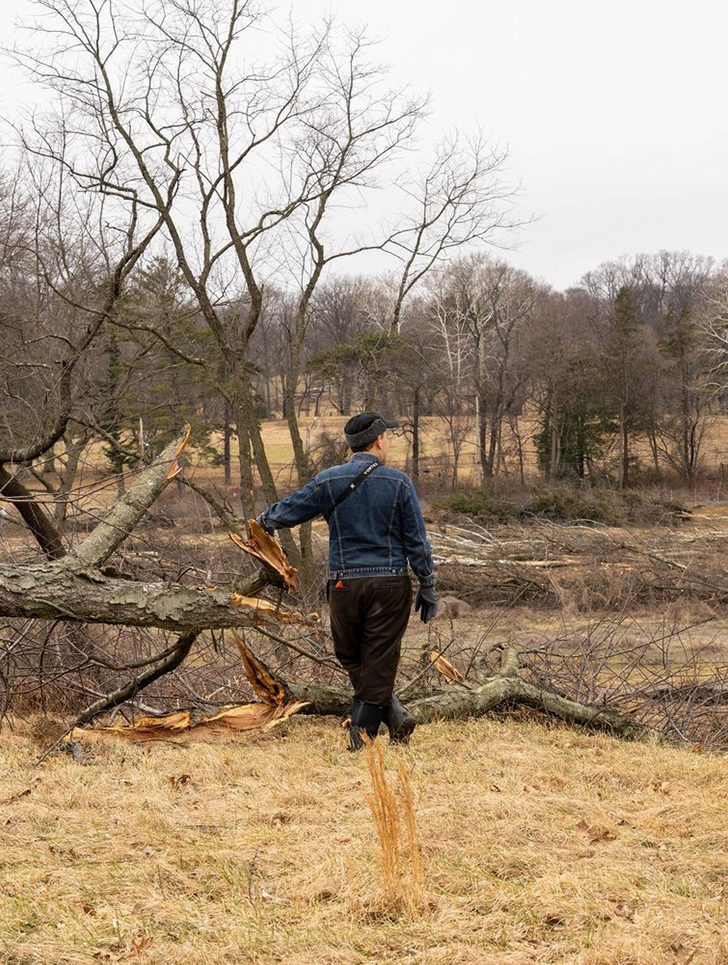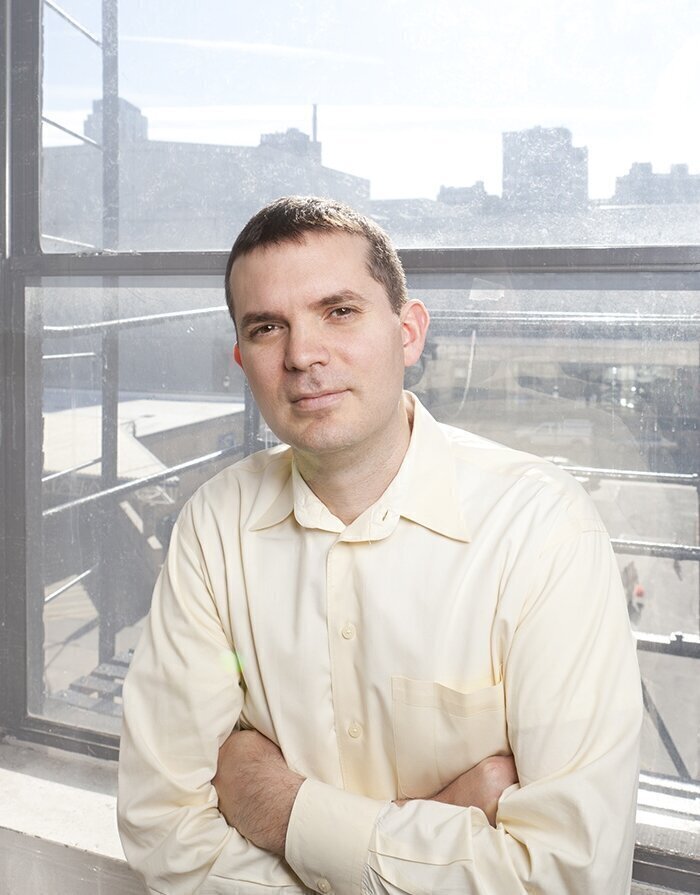Red-eared sliders are turtles that make bad pets, but that doesn’t stop them from being sold to people who don’t know better. They start off as cute hatchlings, but they can live 40 years and grow as large as dinner plates, at that point needing way more space than the usual aquarium. Ill-prepared owners often
MoreI made the mistake of watching the presidential debate between Vice President Harris and former President Trump on September 10. I had earlier decided that watching it was pointless; there is no question who I am voting for. And I am an early-to-bed kind of guy, so the next day I paid a price for
MoreA while back, I learned that Grid contributor Carolyn Kousky is a national expert on flood insurance, a topic I knew little about. I asked her to write a primer for our readers who, if they’re anything like me, could stand to learn something. When I read through her first draft, I learned that FEMA
MoreRemember Andrew Yang from the 2020 presidential debates? The current election cycle has been so frightening that you could be excused for forgetting the crowded Democratic primary stages of 2020, but Yang gained some headlines for backing a universal basic income (UBI) proposal he called the Freedom Dividend. Under his proposal, every American adult would
MoreIn April, the Philadelphia Eagles scored a few days of positive publicity when quarterback Jalen Hurts donated $200,000 to install more than 300 air conditioning units in 10 Philly public schools. The problem the donation addressed is real; Philly’s ancient school buildings afflict our students with temperatures too hot to learn safely in our warming
MoreI used to have a neighbor across our alley who worked for the Philadelphia Water Department (PWD). He was a friendly, likable guy, but there was evidence, like his big SUV, that he wasn’t in lockstep with the street’s green-minded residents. He grew tomatoes and peppers on his deck, like many of us do, but
MoreIf you want to elicit some angry comments from readers, print something unflattering about cats. We’ve done that more than once in Grid, pointing out the devastating impact that outdoor cats have on wildlife (they kill billions of birds, mammals and other critters per year in the United States). Author Scott Weidensaul drives that point
MoreIn mid-February, Grid requested an interview with Carlton Williams, the newly announced head of Mayor Cherelle Parker’s flagship “Clean and Green” initiative. After receiving no reply, we repeated the request a few weeks later. This time a communications official acknowledged the email, but that’s it so far. Fortunately, we’ve got other source material to examine:
MoreI just bought a sweater. After reading “Worn: A People’s History of Clothing,” by Sofi Thanhauser (interviewed in this issue), I went online and found a second-hand gray wool henley originally sold by a company with a reputation for well-made clothing. I wanted something I could wear this winter and for many winters to come;
MoreI am desperate for American chestnut trees to make a comeback, even though I know that it’s not happening anytime soon. I long to see our woods as they were 150 years ago. The forager in me misses the chestnuts I never got to gather from the forest floor. As Jessie Buckner writes in her
MoreGetting a magazine to print on time is a nailbiter in a lot of ways, with every delay you can imagine threatening chaos. One speed bump we often run into is waiting for government sources to respond to our questions. A writer will have the article ready to go except for a pending request for
More

